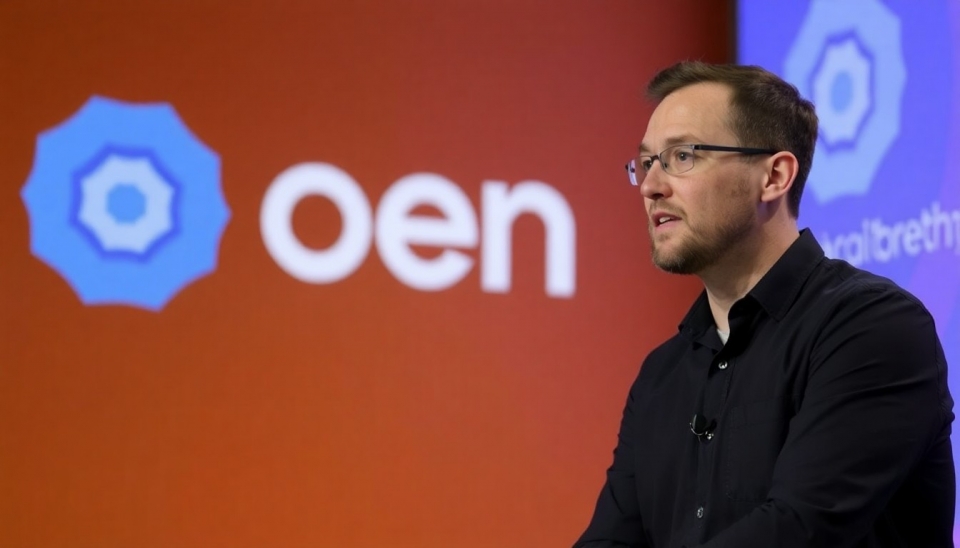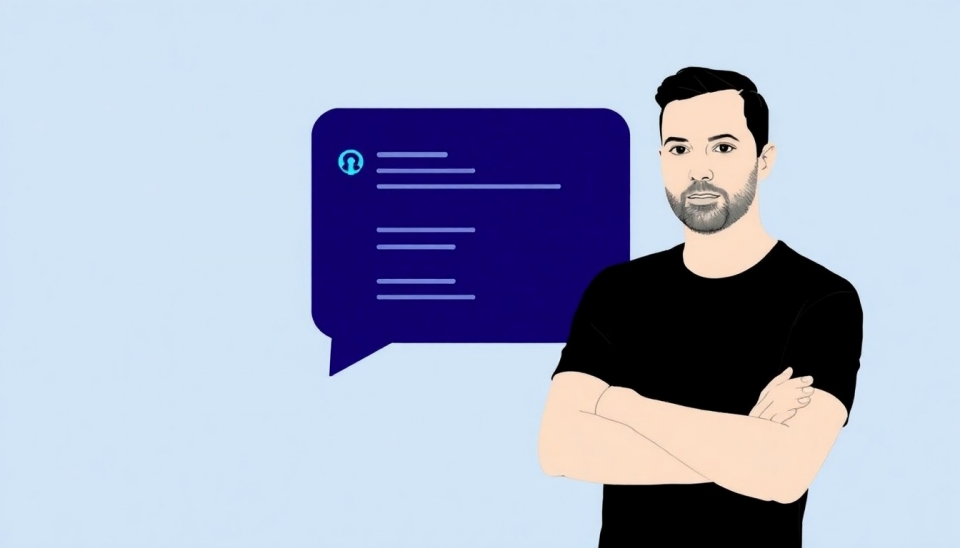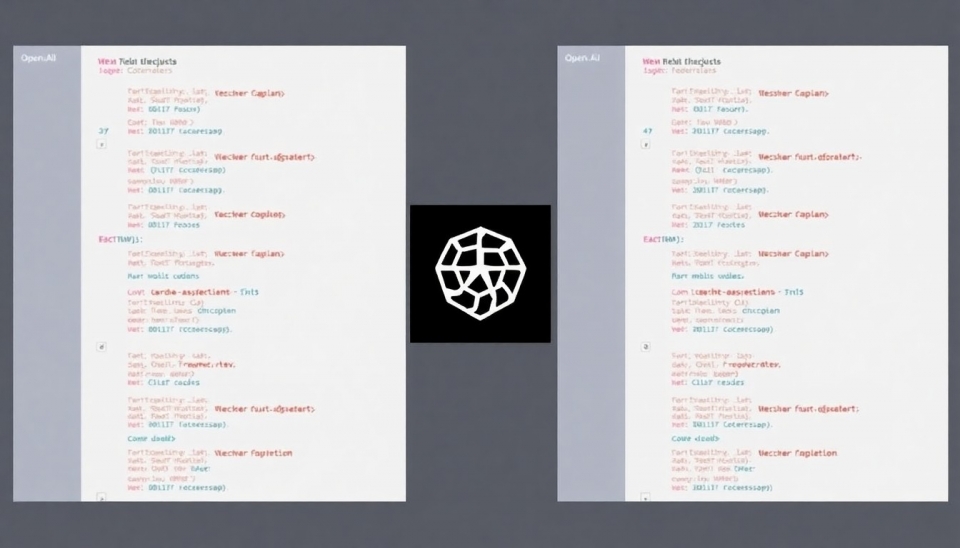
In a significant development for the tech and artificial intelligence landscape, OpenAI, the leading AI research organization known for its advancements in machine learning, is currently in discussions with the state of California about the potential transition from its non-profit structure to a for-profit entity. This move, if finalized, could fundamentally reshape the organization’s strategy and operational framework.
The ongoing talks reflect OpenAI's aspirations to tap into greater funding opportunities while navigating the competitive landscape of artificial intelligence. As the demand for AI solutions continues to skyrocket, the ability to monetize its innovations is increasingly appealing, especially in an environment where investment capital is essential for sustaining research and development efforts.
Since its inception, OpenAI has functioned primarily as a non-profit, focusing on developing artificial intelligence in a manner that is safe and beneficial for humanity. However, the rapid advancements in AI technology and the escalating cost of research have prompted a reevaluation of their current funding model. Transitioning to a for-profit status may enable OpenAI to attract more substantial investment and accelerate its projects, thereby boosting the pace of AI innovation.
In this context, California's role in the discussions is critical. The state is not only a hub for technology companies but also hosts some of the most influential venture capital firms in the world. Collaborating with California could facilitate access to new financing routes and partnerships that would support OpenAI’s objectives.
Industry analysts have expressed mixed opinions about this potential shift. Some argue that moving to a for-profit model could enhance OpenAI's ability to scale its operations and innovate rapidly. On the other hand, there are concerns about how such a transformation might impact its foundational mission of ensuring that AI technology is developed responsibly and equitably.
As the conversations progress, stakeholders from various sectors, including tech enthusiasts, investors, and policy-makers, are keenly observing how OpenAI manages this transition and its implications for the future of artificial intelligence development. Will OpenAI maintain its commitment to its ethical guidelines if the profit motive becomes more pronounced? This question continues to spark debate within the community.
The outcome of these discussions may very well define the future trajectory of OpenAI and its contributions to the AI field. Should the move to a for-profit model come to fruition, it would not only represent a pivotal change for OpenAI itself but also signal a significant shift in the governance and motivations of organizations dealing with powerful technologies like AI.
As we await further updates on these discussions, the tech world braces for what might be a landmark moment in how AI research and development is funded and prioritized in the years to come.
#OpenAI #ArtificialIntelligence #ForProfit #Technology #Innovation
Author: John Miller




